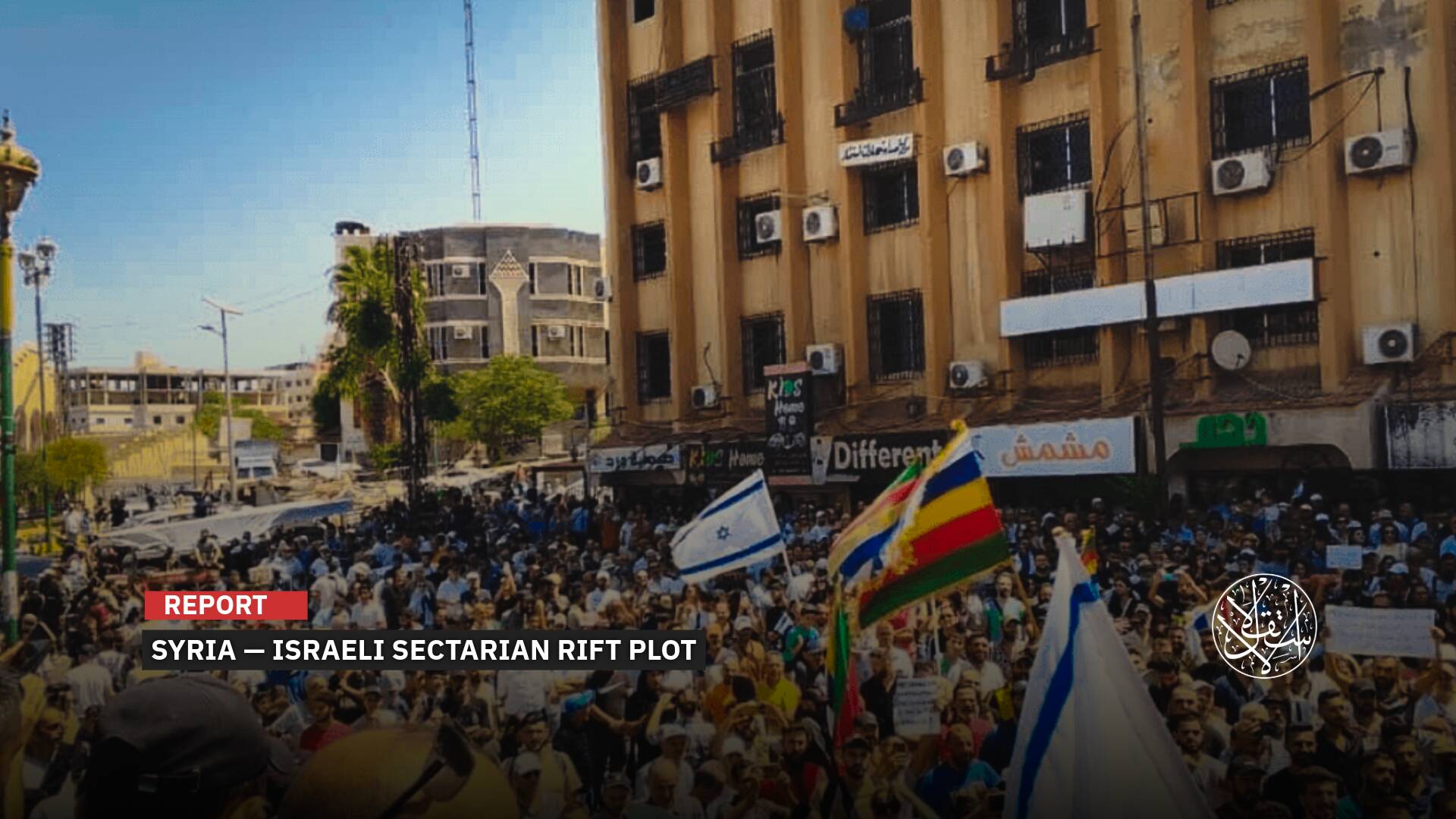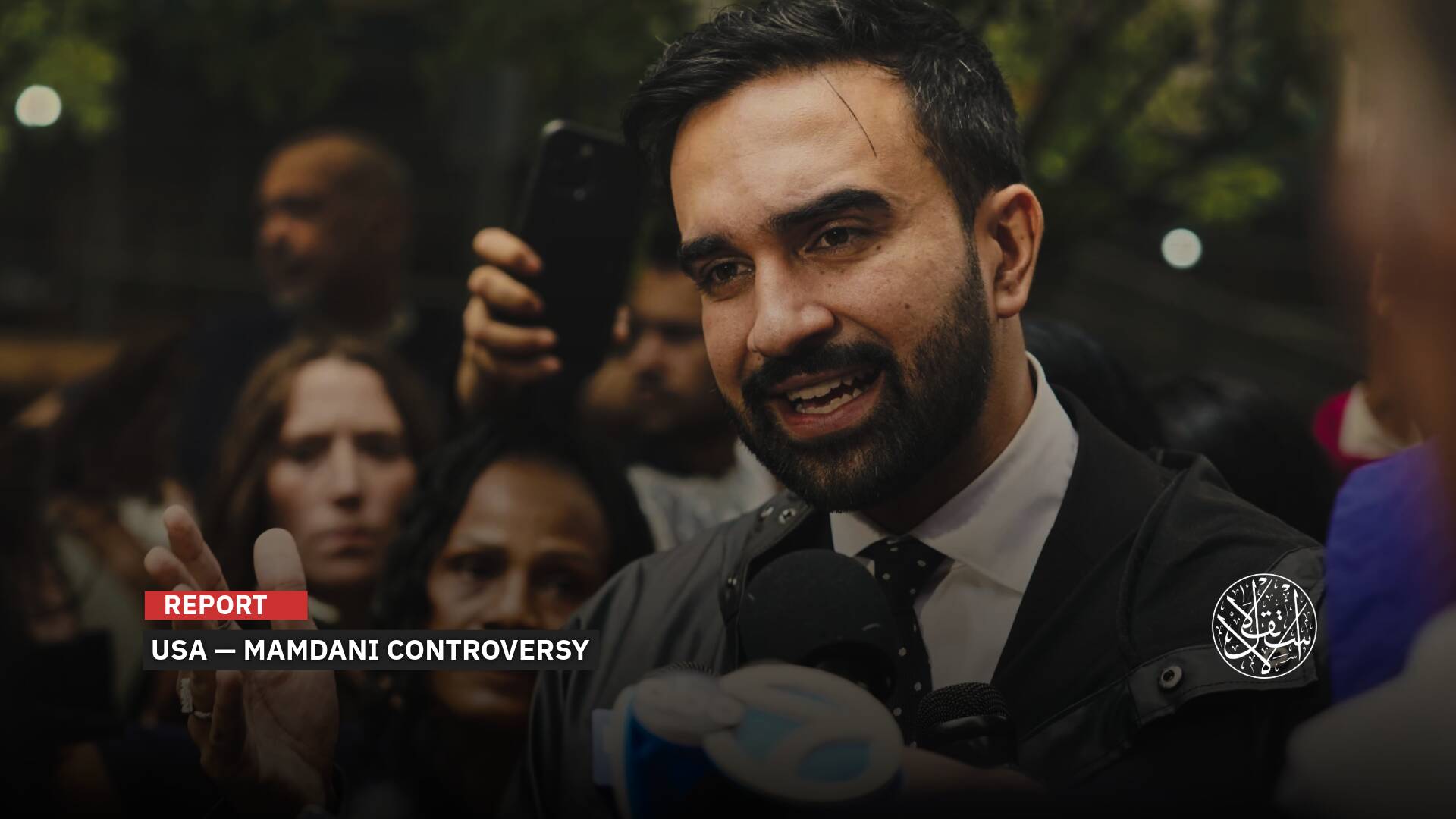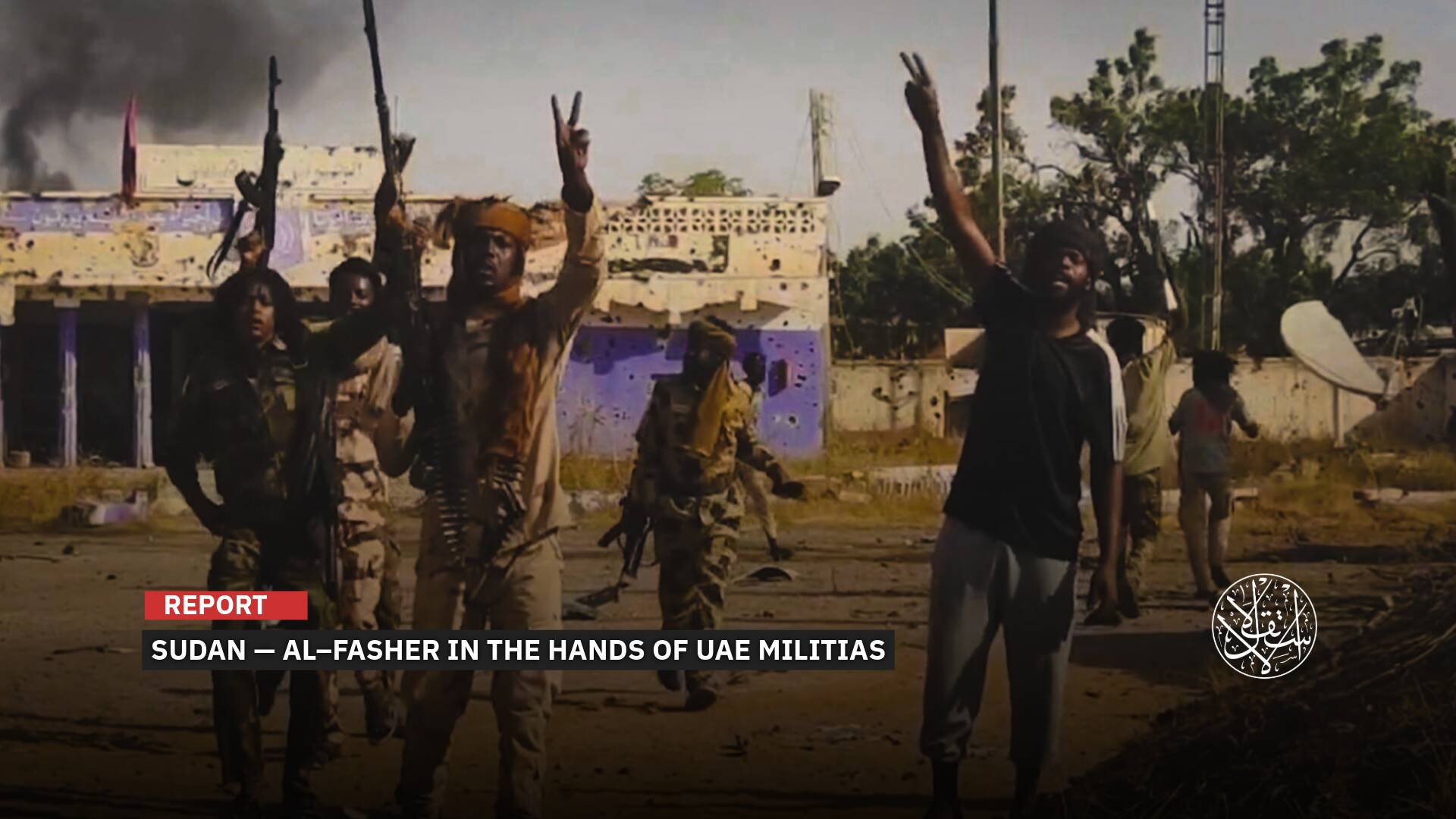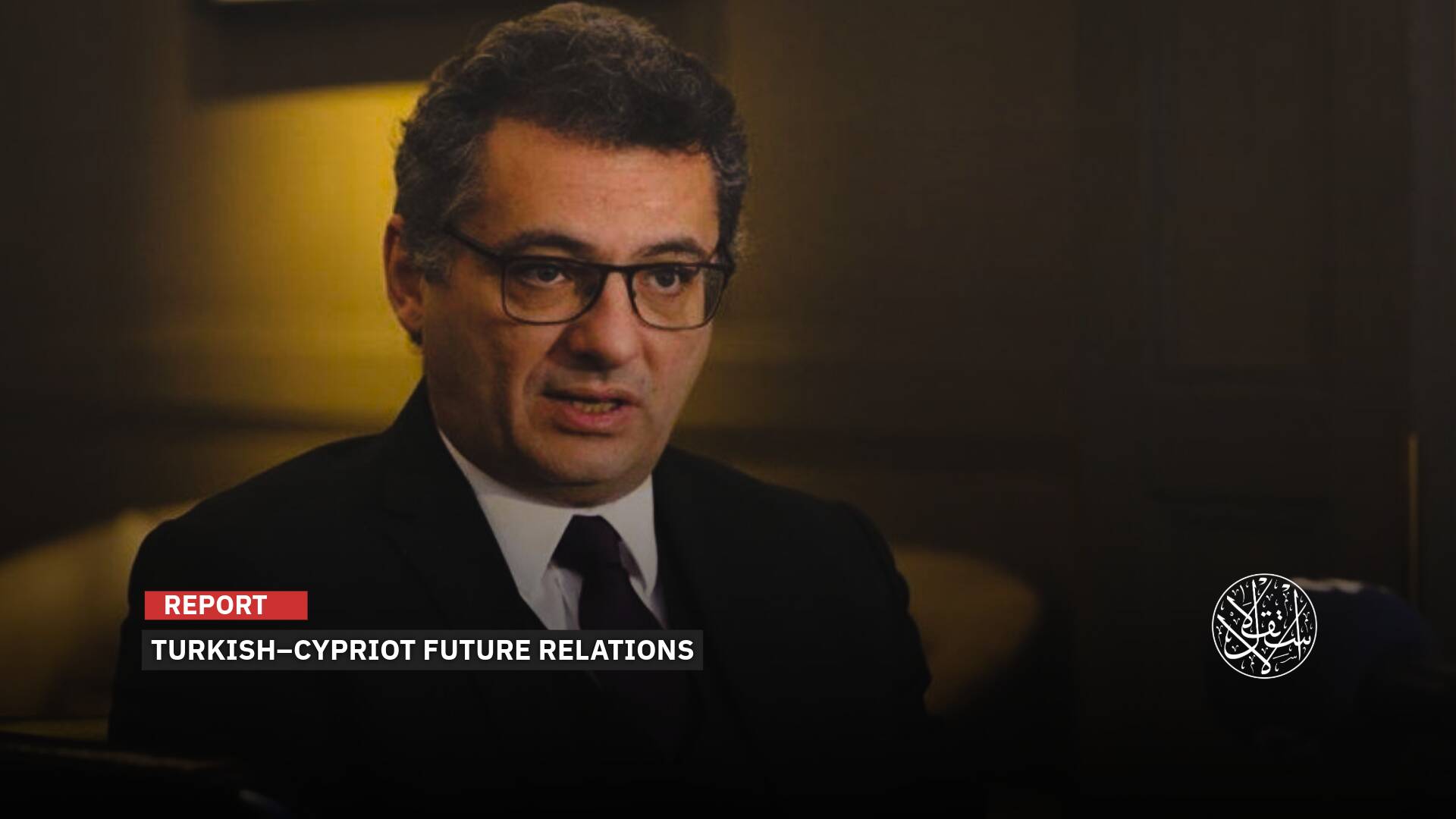Detainee Numbers Double: How Overcrowded Prisons Sparked a Major Crisis in ‘Israel’

The number of Palestinian detainees has doubled following Operation al-Aqsa Flood.
A rare disagreement between Israeli Occupation’s two most extreme ministers highlights the worsening crisis in the Israeli prisons, which are nearing a breaking point due to severe overcrowding.
The number of Palestinian detainees in Israeli jails has doubled since the start of Operation al-Aqsa Flood on October 7, 2023, followed by a wave of mass arrests by the Israeli Occupation authorities.
Prison Overcrowding
In this context, Yedioth Ahronoth revealed a heated argument on September 11, 2024, in the office of Israeli Prime Minister Benjamin Netanyahu between National Security Minister Itamar Ben-Gvir and Finance Minister Bezalel Smotrich over the lack of space in prisons.
The following day, the Hebrew newspaper added that the argument escalated after Ben-Gvir presented a plan to build 5,000 new detention spaces and demanded a special budget for the project.
Smotrich responded, shouting that Ben-Gvir should first use the funds available in his ministry before asking for additional money.

The newspaper reported that this provoked Ben-Gvir, leading him to respond to Smotrich, saying, “Are you serious? We’ve built 3,000 new detention spaces, a number the prison service hasn’t achieved in years. Do you want us to take the prisoners to our homes on our backs?”
According to informed sources, Netanyahu ordered the immediate construction of 470 new prison spaces, though the budget issue remains unresolved.
The number of detainees in Israeli jails has surged to 10,600 since the beginning of the Israeli offensive on Gaza, according to the latest statistics published by detainee advocacy organizations on September 10.
The Ministry of Detainees and Ex-Detainees Affairs and the Palestinian Prisoners Club, in a joint statement, clarified that this figure does not include detainees of war from Gaza who are being held in Israeli military camps.
As of October 3, 2023, just days before the offensive on Gaza began, the number of Palestinian detainees exceeded 5,250, according to specialized Palestinian institutions.
This means that the number of detainees has doubled since Operation al-Aqsa Flood, as part of retaliatory measures against Palestinians in Gaza, the West Bank, and Jerusalem, reaching the level of enforced disappearances.
Following the offensive, Israeli authorities amended the Unlawful Combatants Law, under which Gaza detainees are held.
Under this law, Gaza detainees are placed under the jurisdiction of the military rather than the prison administration, preventing any communication with the Red Cross or lawyers, with their names and conditions of detention undisclosed.
The amended law allows for the detention of individuals without being presented to any legal authority for up to 75 days from the time of arrest, and no legal consultation is permitted for up to six months.
Israeli authorities also made several changes to the 1996 Detention Law, which allows for detention to be extended every 45 days for investigative purposes, potentially lasting up to six months without meaningful judicial oversight over the use of torture during this period.
Budget Strain
The Israeli ongoing genocide in Gaza since October 7, 2023, has severely strained the Israeli budget, leading to an unprecedented deficit that has impacted prison conditions and created an internal crisis due to overcrowding.
“Israel” recorded a budget deficit of 12.1 billion shekels ($3.24 billion) in August 2024, according to the latest statement from the Ministry of Finance.
The ministry added on September 9 that the deficit as a percentage of GDP rose to 8.3 percent in the 12 months leading up to August, up from 8 percent in July, compared to a target of 6.6 percent for the entire year of 2024.
War expenditures have so far amounted to around 97 billion shekels ($26 billion), with the ministry projecting that the deficit will continue to rise in the third quarter.
Tax revenues in “Israel” grew by 8.1 percent in August and 1.9 percent during the first eight months of 2024.
For the first time in its history, the Israeli Occupation faced a credit rating downgrade in August, from “A+” to “A” by Fitch Ratings.
Fitch cited the growing geopolitical risks facing “Israel” as the war in Gaza persists.
The agency maintained a negative outlook on the rating, indicating a possibility of further downgrades.

In a statement, the agency noted that the increasing tensions between “Israel” and Iran and its allies will lead to substantial additional military spending, infrastructure destruction, and harm to economic activity and investment.
It predicts that the Israeli Occupation government will permanently increase military expenditure by about 1.5 percent of GDP compared to pre-war levels, as it strengthens its border defenses.
Fitch also projected that the national debt may remain above 70 percent of GDP in the medium term, expecting this to continue even beyond 2025.
If this trend persists, borrowing this year will break the record set during the COVID-19 pandemic in 2020, according to a Bloomberg report on August 26.
The dispute over funding for the construction of new prisons is emerging at a time when the damage to the Israeli economy is worsening, compounded by the stalled approval of the national budget due to the war.
The Netanyahu government recently halted discussions on the 2025 budget, which could be the most challenging and significant in decades.
On April 17, 2024, the Israeli government approved the addition of around 1,000 new detention spaces for Palestinian detainees in the prison service at a cost of about 450 million shekels ($119.21 million).
The Hebrew website Walla explained at the time that the cost would be financed 50 percent by the Ministry of War’s budget and 50 percent by other ministries.
What Next?
Yedioth Ahronoth reports that the prison crisis is one of the most sensitive security issues since the war began, and it remains unresolved.
The report, previously mentioned, highlighted that Ben-Gvir has repeatedly warned about the prison crisis, to the extent that he has called several times for the execution of many Palestinian detainees.
In April 2024, Ben-Gvir stated that the death penalty for those detainees, whom he referred to as “terrorists,” was the correct solution to the prison overcrowding issue.
He added that he was pleased with the Israeli government’s approval of his proposal to build around 1,000 additional spaces to detain Palestinian detainees, solving the overcrowding crisis.
At the end of June, the extremist minister reiterated the same proposal, saying Palestinian detainees should be executed by shooting them in the head instead of providing them with more food.
“It is my bad luck that I had to deal in recent days with the issue of the fruit basket for Palestinian prisoners. The prisoners must be killed with a bullet to the head and the "Otzma Yehudit" law to execute prisoners must be passed in the third reading in the Knesset, and until then we will give them a little food to live on,” he added.
After the offensive on Gaza began, the Knesset's National Security Affairs Committee approved the death penalty law for Palestinian detainees in a preliminary reading.
The law stipulates the imposition of the death penalty on those who commit any killings of Israelis for nationalistic motives or offenses aimed at harming “Israel” and the Jewish people’s right to “their land.”
It includes anyone proven to be involved in “these offenses,” whether by direct action, planning, or inciting others to carry them out.
The issue of prison overcrowding resurfaced with force after the release of Dr. Muhammad Abu Salmiya, the director of al-Shifa Hospital in Gaza, in early July 2024, along with 54 other detainees from the Strip.
The accusations and clashes soon began between Ben-Gvir and several other ministers, along with the army and the Shin Bet security agency.
Ben-Gvir stated that the solution to the overcrowding issue lies in executions, not releases, calling on Netanyahu to prevent War Minister Yoav Gallant and Shin Bet chief Ronen Bar from following policies that contradict the government's stance. He even demanded the dismissal of the latter.
Meanwhile, the army and Shin Bet placed the blame on the Ministry of National Security, led by Ben-Gvir, stating that the prison service was unprepared to accommodate the large influx of detainees.
Israeli Communications Minister Shlomo Karhi interjected that “releasing terrorists due to ‘lack of space’ is nothing more than a lame excuse” to release Gaza “prisoners,” adding that “Israel” needs new security leadership.
At that time, Netanyahu ordered an immediate investigation into the release of detainees. According to Ma’ariv, the selection of detainees for release was independently decided by security officials based on their professional criteria.
On June 23, 2024, the official Israeli Broadcasting Authority reported that the army and Shin Bet had to cancel around 20 arrests in the West Bank due to prison overcrowding.
It also noted that, with the increased pressure on detention centers, Israeli security forces were reassessing the severity of the detainees and releasing some administrators after their detention period ended.
At the end of the same month, Hebrew Channel 13 reported that “Israel” was considering releasing 120 security detainees from Gaza to free up space in prisons for a similar number.
However, Ben-Gvir quickly rejected the army's proposal, calling it an “unfortunate and unacceptable idea,” signaling ongoing internal disagreement over the matter.
Sources
- The war costs the Israeli economy more than $67.3 billion [Arabic]
- Annual inflation rises in Israel due to war [Arabic]
- Ben Gvir's provocative statements confirm that Zionist terrorism against prisoners was & still is official policy
- Ministers trade blame with Shin Bet after Shifa Hospital director is released to Gaza
- Israel Economy Hit as War-Focused Netanyahu Stalls on Budget
- Ben Gvir calls for executing Palestinian detainees to solve prison overcrowding crisis [Arabic]
- "Are you serious?!": Ben-Gvir and Smotrich shouting match in the discussion about the plight of incarceration [Hebrew]










